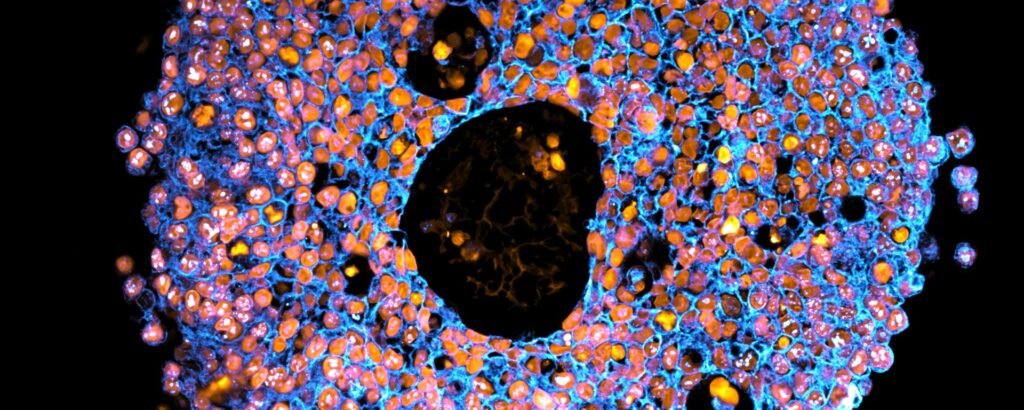Understanding the placenta is critical to improving maternal and fetal health, yet studying it has long been a challenge. Access to early-stage placental tissue is limited, and animal models often fail to replicate human biology. Researchers at the University of Technology Sydney have addressed this gap by developing 3D bioprinted placental organoids—miniature, lab-grown versions of the human placenta that mimic its structure and function.
Led by Associate Professor Lana McClements and Dr. Claire Richards, the team used a synthetic gel to grow trophoblast cells, which are the building blocks of the placenta. These cells were printed into culture dishes using a droplet-based bioprinting technique that allowed precise control over cell placement and density. The resulting organoids closely resemble early-stage human placental tissue, making them a powerful tool for studying pregnancy complications such as preeclampsia.
One of the key findings was that the type of gel used during printing influenced how the organoids matured. Different gel environments led to the formation of distinct trophoblast subtypes, which play different roles in placental development. This insight could help researchers better understand how the placenta forms and functions under various conditions.
To test the organoids’ responsiveness, the team exposed them to inflammatory molecules associated with preeclampsia. The organoids reacted in ways that mirrored real placental tissue, confirming their potential for drug testing and disease modeling. This opens the door to safer, earlier interventions for pregnancy complications that currently lack effective treatments.
The bioprinted placentas also offer a more ethical and scalable alternative to using animal-derived gels or human tissue samples. Because they can be produced in controlled lab environments, they reduce variability and allow for repeatable experiments. This consistency is especially valuable for pharmaceutical research, where reliable models are essential for testing new therapies.
Article from UTS: 3D Bioprinted Mini Placentas Could Transform Pregnancy Research
Abstract in Nature Communications: Matrix directs trophoblast differentiation in a bioprinted organoid model of early placental development

